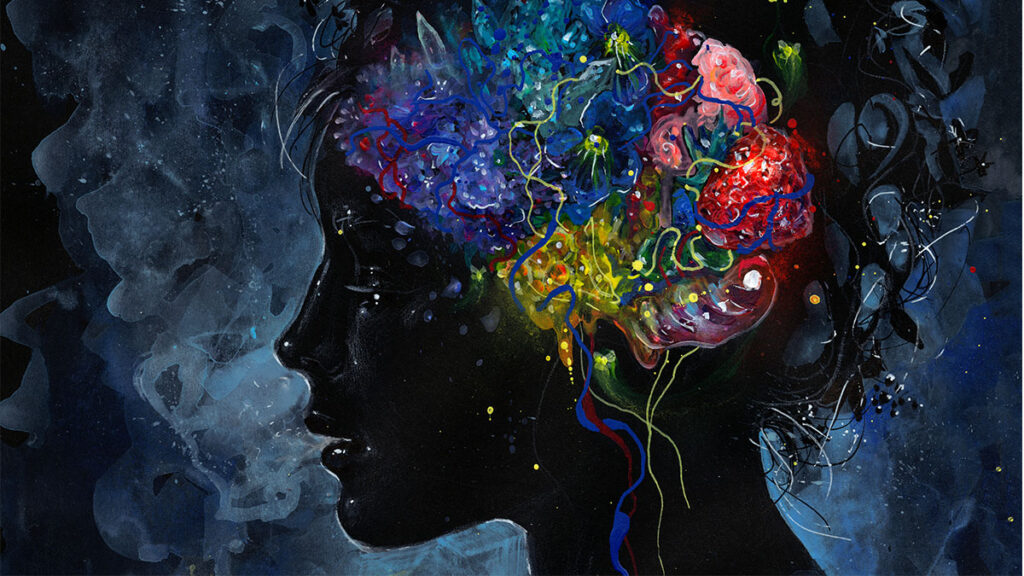In recent years, there has been a quiet revolution unfolding in the field of mental health care, one that might just be the dawn of a new paradigm in treatment: psychedelic therapy. Long stigmatized due to their association with recreational drug use and the counterculture movements of the 1960s, psychedelics are now at the forefront of a promising and revolutionary branch of therapy. Here, we delve into this resurgence and what it could mean for the future of mental health treatment.
From Taboo to Therapeutic
Psychedelics, particularly substances like psilocybin (found in magic mushrooms), LSD, and MDMA, were once primarily the focus of academic and clinical research in the 1950s and 60s. However, their therapeutic potential was overshadowed by widespread misuse and the ensuing political backlash, which led to strict regulations and a halt in research. Fast forward to the present, and we’re witnessing a renaissance in the study of these substances, this time backed by rigorous scientific research and an open-minded approach to understanding their potential benefits.
Clinical Trials and Research Breakthroughs
A series of modern clinical trials have reignited the conversation around psychedelics. In controlled settings, psychedelics have shown remarkable results in treating a range of mental health issues, including depression, anxiety, PTSD, and addiction. For instance, studies conducted by institutions like Johns Hopkins University have found that psilocybin therapy can produce significant and lasting reductions in depression and anxiety in patients with life-threatening cancer diagnoses.
How Does Psychedelic Therapy Work?
Psychedelic therapy typically involves one or more sessions where the patient, guided by trained therapists, takes a carefully measured dose of a psychedelic substance in a controlled, therapeutic environment. These sessions are often accompanied by music, a comfortable setting, and supportive care, aimed at fostering a therapeutic experience. The psychedelics are believed to work by breaking down parts of the brain’s activity patterns that are thought to be rigidly held in certain mental health conditions, potentially offering patients new perspectives and insights into their behaviors and thought patterns.
Legalization and Decriminalization Efforts
The promising results of research have led to changes in the legal landscape. Certain regions in the United States, like Oregon, have voted to legalize the therapeutic use of psilocybin, while others have decriminalized its use. This shift is indicative of a growing recognition of the potential benefits of psychedelics when used responsibly and therapeutically.
The Path Ahead
Psychedelic therapy represents a beacon of hope, especially for those who have found little relief in traditional pharmaceutical therapies. The growing body of evidence suggests that we may be on the cusp of adding an array of powerful tools to our mental health treatment arsenal. However, there remain important considerations, such as ensuring equitable access, establishing firm regulatory frameworks, and continuing in-depth research to fully understand the long-term impacts of psychedelic therapy.
Conclusion
The rise of psychedelic therapy is an intriguing development in the mental health field, offering new hope to those suffering from some of life’s most challenging psychological conditions. While there’s still much to learn, the early evidence suggests that we may be witnessing a significant turning point in how we approach the treatment of mental health. As we continue to explore this new frontier, it’s important that the conversation around psychedelics remains balanced, grounded in science, and sensitive to the complexities of mental health challenges.
The journey ahead is certainly one to watch, as this once-maligned field of therapy continues to unfold and reveal its full potential.

